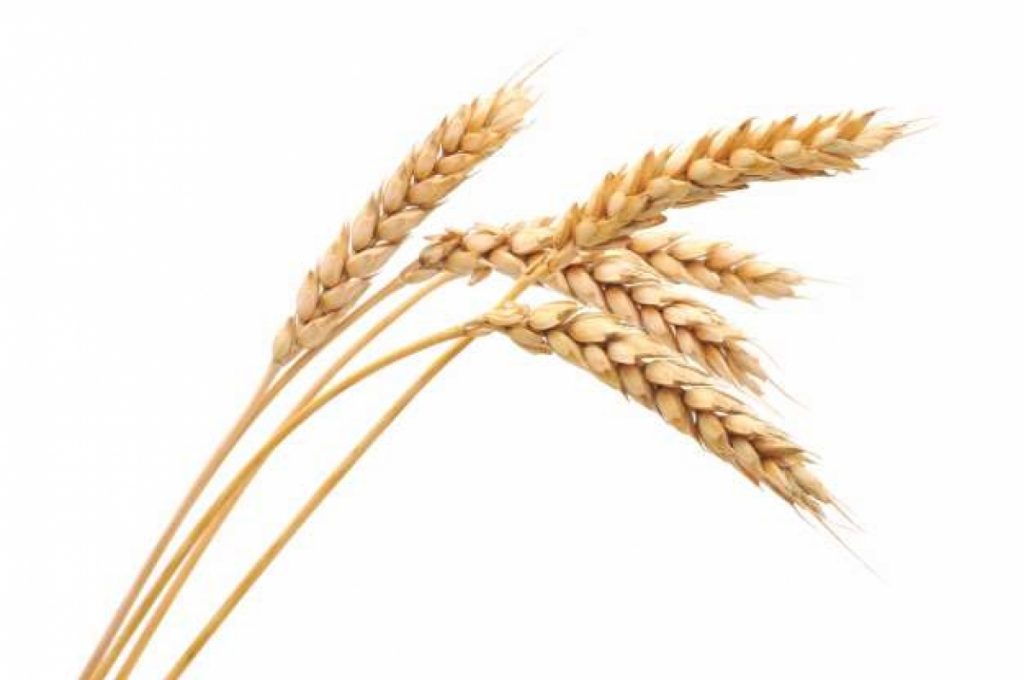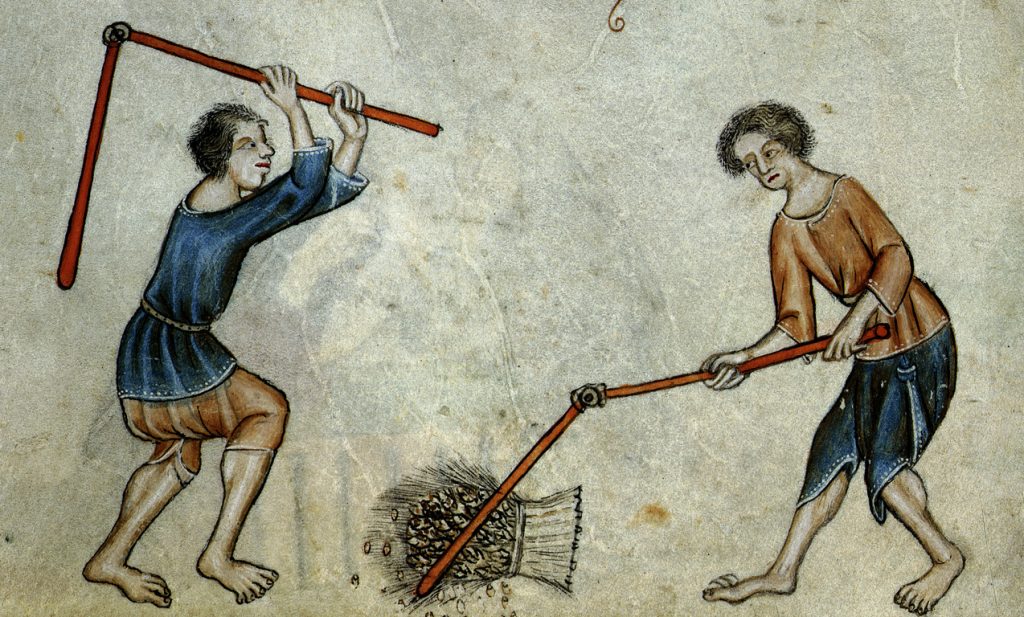Jesus predicted His death in the midst of a rather curious situation, in John 12.
20 Now there were some Greeks among those who were going up to worship at the feast; 21 these people then came to Philip, who was from Bethsaida of Galilee, and were making a request of him, saying, “Sir, we wish to see Jesus.” 22 Philip came and told Andrew; then Andrew and Philip came and told Jesus. 23 But Jesus answered them by saying, “The hour has come for the Son of Man to be glorified. 24 Truly, truly I say to you, unless a grain of wheat falls into the earth and dies, it remains alone; but if it dies, it bears much fruit. 25 The one who loves his life loses it, and the one who hates his life in this world will keep it to eternal life. 26 If anyone serves Me, he must follow Me; and where I am, there My servant will be also; if anyone serves Me, the Father will honor him. (John 12:20-26 NASB)
The Context
Did you ever notice the context in which Jesus told His disciples about His pending fate?
Jesus begins this discussion when Greeks came looking for Jesus, and two of His disciples began to talk among themselves. Greeks were Gentiles, who were not welcome to socialize with the Jews. They were not welcome in the inner areas of the Temple grounds, where only the faithful Jews could venture. Observant Jews going to worship at the feast would have wanted to stay pure, and avoid unclean Gentiles. It seems likely that Philip and Andrew were not interested in responding positively to these unclean men.
The word “but” beginning verse 23 is important. “But Jesus” hears the request, and He does the unexpected.
Into that exact context Jesus speaks of a grain of wheat bearing much fruit, and implicitly challenges the disciples to follow Him, not loving their lives too much to die.
How confusing this must have been for His disciples, in that moment. Jesus chooses to begin this lesson in the context of Gentiles seeking Him, and begins describing His own future by explaining the need for seed to fall to the ground and die to bring about a fruitful harvest. The disciples still truly did not understand that Jesus would die that very week; for the next two chapters of the Gospel of John He continues telling them what is coming, and they continue to misunderstand Him – and even argue with Him – about His fate.
Remember that at this point, the disciples were still thinking in terms of military conquest over the Roman oppressors. They likely had not thought much about Jesus’ concept of harvesting an expanding Kingdom of souls.
So Jesus begins His response to the Gentiles’ request to see Him by discussing seeds with His disciples.
The Sower and the Seed
Consider another story that Jesus had told about seeds.
3 And He told them many things in parables, saying, “Behold, the sower went out to sow; 4 and as he sowed, some seeds fell beside the road, and the birds came and ate them up. 5 Others fell on the rocky places, where they did not have much soil; and they sprang up immediately, because they had no depth of soil. 6 But after the sun rose, they were scorched; and because they had no root, they withered away. 7 Others fell among the thorns, and the thorns came up and choked them out. 8 But others fell on the good soil and yielded a crop, some a hundred, some sixty, and some thirty times as much. 9 The one who has ears, let him hear.” (Matthew 13:3-9 NASB)
The word used for sowing is speiró (σπείρω), also often translated “scatter.”
Scattering
In this season of the American church, we are seeing what is considered by many to be a great falling away. There has clearly been a scattering going on. It looks like a death of faith. Deconstruction. Exvangelical. Questioning the traditions. Walking away from church structure.
How interesting that Jesus, when His disciples were bothered by the arrival of undesirables seeking to meet Him, responded by talking about a grain of wheat falling to the ground and dying.
Consider the process of growing wheat. At the end of the growing season, the heads of grain dry up but remain on the stalk.

Untended, they will not be very fruitful. Instead, they are collected and threshed. What was a familiar and safe place for a grain of wheat – in close community with dozens of fellow seeds, in a nice orderly arrangement, with a comfortable hull covering and protecting each seed as it matured – is suddenly and violently stripped away. It’s beaten with a rod to strip it from its covering and separate it from its neighbors. It’s thrown in the air to let the chaff be blown away. And then, after a winter of waiting, the next growing season is begun by throwing it on the ground, where it must die and be buried, all alone. Only THEN can the seed begin to see its fruitfulness expressed.

I see the Lord carrying out this process on His church.
Reaching the Undesirables
Gentiles are seeking the Lord today. The poor and oppressed and undesirables are coming to Jesus’ disciples, asking to see Jesus. But the grain that should reproduce is drying out, and locked up in wheat heads far above the soil, too invested in its comfortable orderly situation, and will never take root until it is stripped off the stalk, threshed and hulled, and scattered to the ground. That orderly but dried-up structure won’t bear fruit until it’s broken and scattered.
And the Lord has responded to today’s Gentiles by calling His disciples to be separated, to be scattered, to fall to the ground and die, and become the seed that will grow into a new harvest.
In short, He is calling at least some of His disciples to leave their comfortable churches and situations, be separated from the neat orderly structure in which they matured, to be scattered into the world which is often hostile, to spend time alone and buried in the soil. Some of that seed will be eaten by birds. Others will be scorched or choked.
But others will fall on good soil, and yield a great crop. And it’s in response to the Gentiles coming to seek Jesus. And the process has been initiated by the Sower.
“The one who has ears, let him hear.” (Matthew 13:9 NASB)
